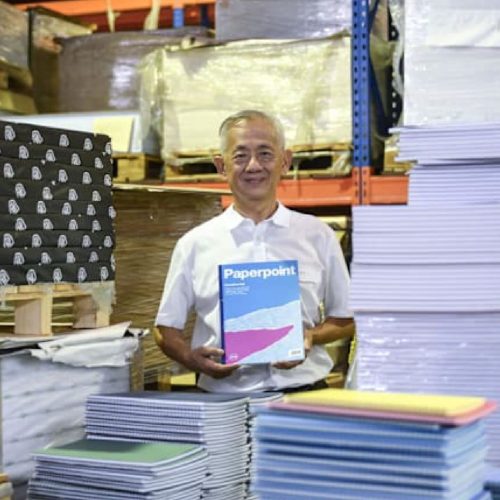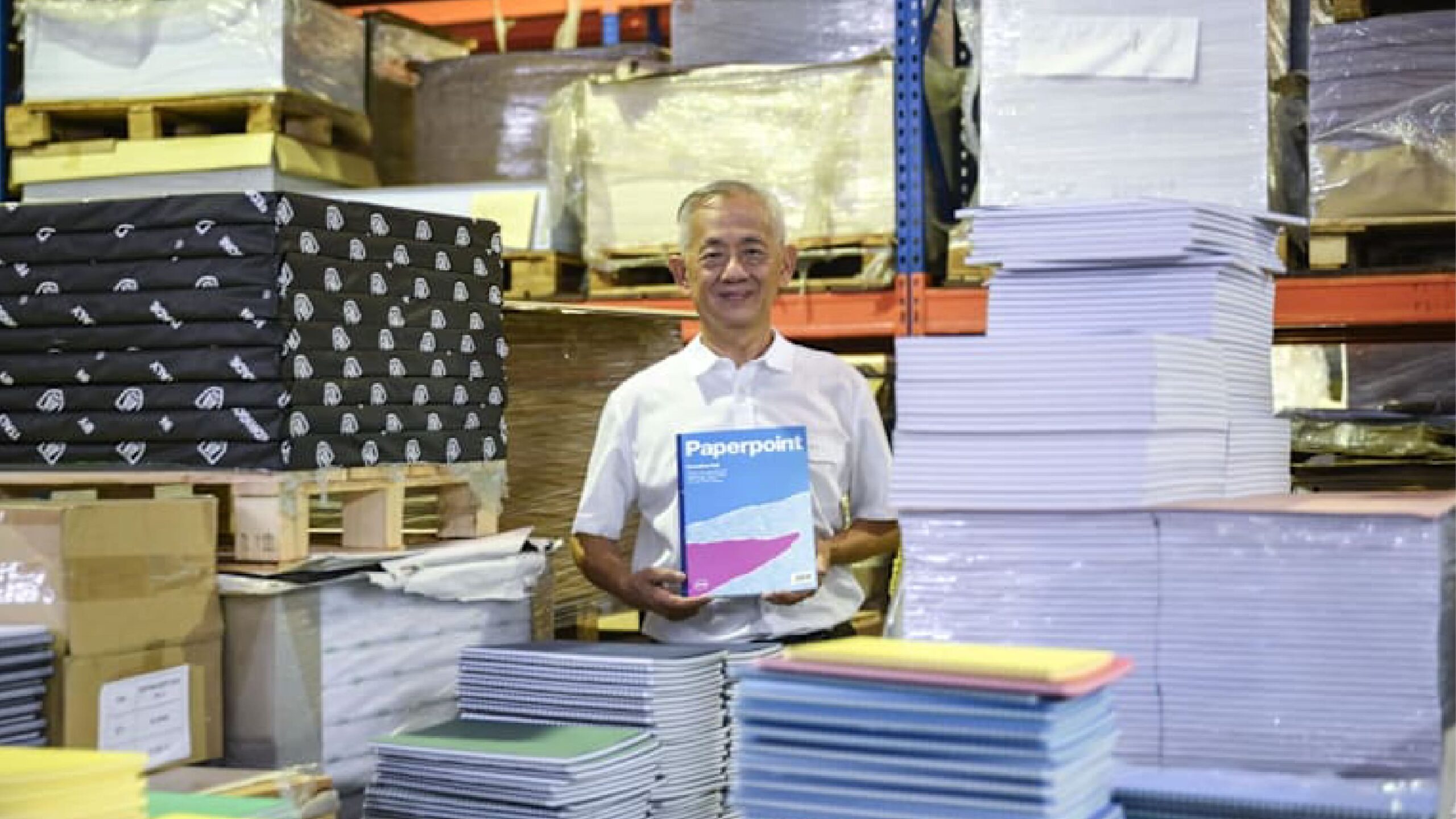SINGAPORE, May 2025 – The number of Covid-19 cases in Singapore has seen a noticeable uptick, with the Ministry of Health (MOH) and the Communicable Diseases Agency (CDA) reporting 14,200 cases from April 27 to May 3, up from 11,100 the previous week.
This comes more than two years after pandemic restrictions were lifted in February 2023. While Covid-19 is now classified as an endemic disease in Singapore, experts stress that precautionary measures remain important—especially during seasonal waves.
Why Are Covid-19 Cases Increasing in Singapore?
Health experts attribute the spike to several key factors:
- Waning immunity in individuals who have not received recent Covid-19 vaccine boosters.
- Low uptake of updated vaccines, which may reduce protection against newer virus variants like LF.7 and NB.1.8—both descendants of the JN.1 variant.
- Reduced herd immunity, as fewer people are staying up to date with their vaccinations.
According to Health Minister Ong Ye Kung, periodic Covid-19 waves are expected moving forward, much like the flu.
What You Can Do to Protect Yourself and Others
Even though Covid-19 is now treated as endemic, it’s still important to take precautions—especially if you live with or care for elderly or immunocompromised individuals.
Here are the top ways to protect yourself:
1. Stay Up to Date with Covid-19 Vaccinations
Both Pfizer-BioNTech’s Comirnaty and Moderna’s Spikevax updated vaccines are available in Singapore and offer protection against current variants.
Experts strongly recommend getting the latest shot, especially if you’re:
- Aged 60 and above
- Living with chronic illnesses
- Immunocompromised
💉 Tip: Don’t forget your influenza vaccine—dual protection can go a long way in preventing respiratory complications.
2. Wear a Mask in Crowded Areas
While not mandatory, mask-wearing is still effective—especially in enclosed or crowded spaces like public transport, malls, or during periods of case surges.
Wearing a mask also helps prevent other illnesses, such as influenza and pneumonia.
3. Practice Good Hygiene
- Wash hands regularly with soap and water
- Use hand sanitizer when outside
- Avoid touching your face unnecessarily
These simple actions can significantly reduce your risk of infection.
4. Avoid Spreading the Virus
If you feel unwell:
- Stay home and rest
- Isolate for up to 5 days (depending on symptoms)
- Seek medical advice if symptoms worsen
⚠️ Some Covid-19 cases may be asymptomatic. Protect others, especially vulnerable groups, even if you feel fine.
Is Covid-19 Becoming Milder?
Some may think the virus is weakening, especially with fewer intensive care cases reported. However, infectious disease experts caution that immunity from vaccines and prior infections may simply be protecting people from severe illness—not that the virus itself is milder.
Long Covid remains a concern, with symptoms like brain fog, breathlessness, and even increased risks of diabetes and dementia. Therefore, staying vigilant is still necessary.
Should Singapore Change Its Covid-19 Strategy?
Currently, there’s no need to change Singapore’s Covid-19 management. Surveillance systems are in place locally and globally to detect significant changes in the virus.
“At the moment, there is no evidence to suggest that Singapore’s approach needs to change,” says Professor Teo Yik Ying, dean of NUS’ Saw Swee Hock School of Public Health.
Final Thoughts
With Covid-19 cases on the rise again in Singapore, it’s wise to adopt personal responsibility and common-sense precautions—like getting vaccinated, wearing masks in high-risk situations, and maintaining good hygiene. These small steps help protect both yourself and your community.








